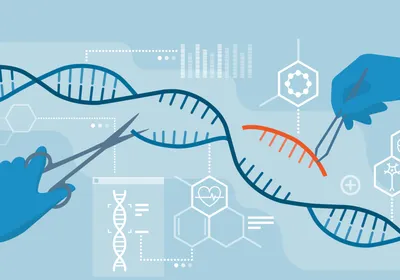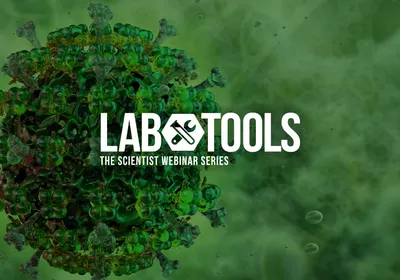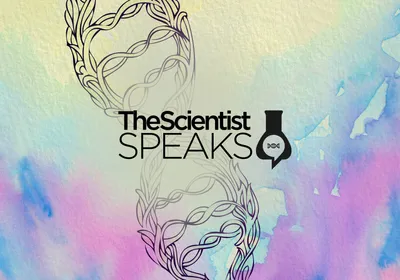Well, it certainly was an eventful 2018 here at The Scientist. Our talented editorial staff has done a superb job of bringing you all the latest news, discoveries, and controversies in life science. We have tried our best to bring you not just the pearls of wisdom and creativity that the research enterprise cultures and secretes, but the warts as well.
As with any other sizeable human endeavor, science is a multifaceted pursuit. It harbors stories of triumph and progress in almost equal measure with tales of deception and ruin. As a news organization seeking to communicate the issues, developments, and ideas important to our life-scientist readers, The Scientist strives for both realism and equilibrium in its coverage. For example, in addition to reporting the awarding of the 2018 Nobel Prize in Physiology or Medicine to two researchers who pioneered the study and development of cancer immunotherapy, we wrote about ...





















